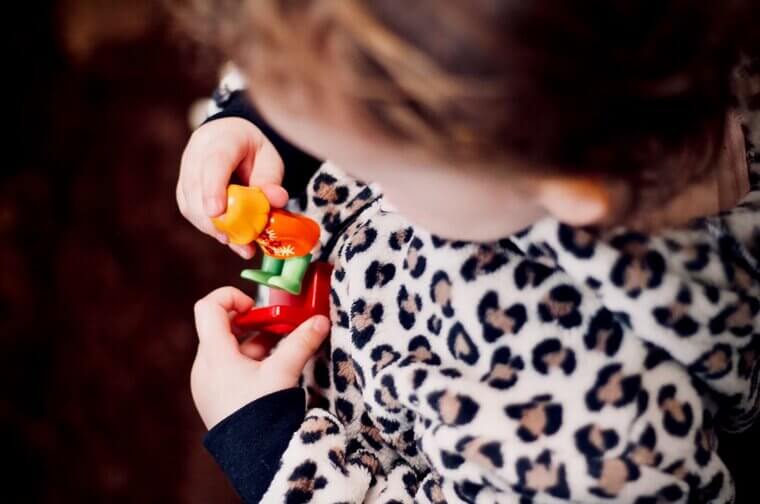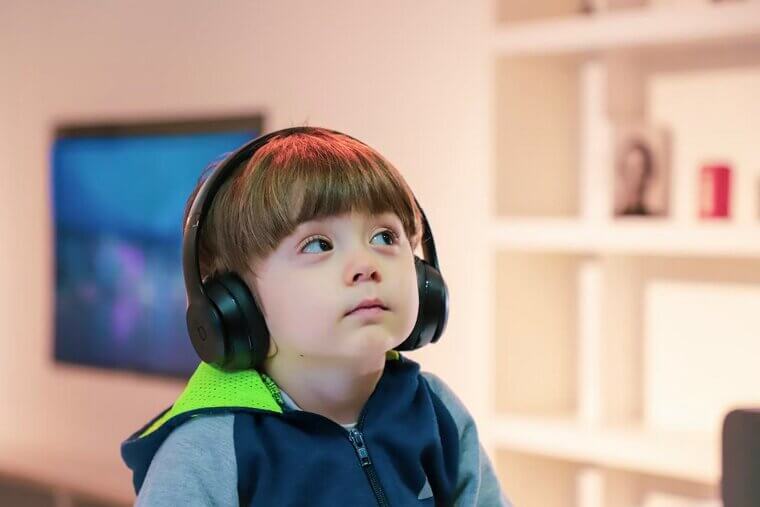Think Your Child Is Spoiled? Here’s How to Handle It
Make no bones about it: parenting is hard. You focus at first on keeping the kid alive and well, but then trouble starts to seep in as he or she gets older. Suddenly, in the blink of an eye, they’re a spoiled child demanding toys and candy at every opportunity. What happened? And more importantly, what can be done about it? Here’s seven signs your kid might be, well, a brat, followed by some advice to help get said brattiness under control.
They Melt Down at the Word No
If your child turns every “no” into a full-blown temper tantrum - especially as they get older and more likely to hit - it could be a serious red flag. Younger kids might not have the words yet to express their frustration, but if it keeps happening past toddlerhood? Yeah, that’s not just about dinner anymore, it’s about control.
Nothing Ever Feels Like Enough
You’ve bought the expensive toys, the trendy clothes, the tooth-rotting candy bars… and yet, they’re always asking for extras. Spoiled kids tend to focus more on what they don’t have rather than appreciating what they do. Instead of saying “thank you” they say, “more.” It’s not right.
They Act Like the World Revolves Around Them
Self-centered behavior is another classic sign of brattiness. Spoiled kids often don’t think twice about putting themselves first or inconveniencing their parents. They expect special treatment and rarely consider how their actions affect other people... assuming they notice other people at all.
They Want Everything Right Now
Remember that song from Willy Wonka and the Chocolate Factory? I Want It Now is the anthem of the spoiled child. If they want something, they want it immediately - and they’re not afraid to cry until they get it. Many parents give in just to avoid a scene.
They’re Terrible at Losing
So nobody likes to lose. But spoiled kids really can’t handle it at all. If your child always blames others, demands praise for every little thing, and gets angry when others succeed, it might be a sign they’re used to always being the winner whether they’ve earned it or not. And usually, they haven’t earned it.
They Know How to Manipulate the Situation
Some kids get really crafty when they want something. That might mean telling one parent the other already said yes to their request – outright lying, in other words. If you catch your child fibbing or pitting you against your partner just for the sake of a new toy, that’s a huge red flag.
They Won’t Do Anything Unless You Beg or Bribe Them
Every parent’s been there - you ask the kid to clean up and one tantrum later you're offering cookies, money, or screen time just to get a little help. But if this becomes the only way your kid will cooperate, it’s a problem. They should be learning responsibility, not holding chores hostage for treats.
Be Patient
Now let’s look at ways to gradually switch all that brattiness off. The number one most important quality you can have when it comes to this is patience. It’s going to take a while for your kid to learn the world doesn’t revolve around them, and there will certainly be difficult temper tantrums.
Get Comfortable Saying No
It’s hard to say no to a crying child, and that’s how you ended up in this mess to begin with. If you want to change your parenting style, you’ll need to say no without guilt. Once you set limits, stick to them. No caving in, that will only confuse the child and lead to worse problems.
Start Showing Them That Giving Is Better Than Getting
It’s important to teach kids that who they are matters more than what they own. Talk about kindness, generosity, and family relationships. That’s the stuff that sticks when they’re still at a young age. If they watch a lot of TV, you could also show them children’s TV shows that promote those values.
Practice Gratitude Together
The opposite to brattiness is gratitude, and it’s time your kid learned that. Around the dinner table or before bed, take a few minutes as a family to reflect on what you’re thankful for. Don’t talk about what you own, just what you did.
Help Them Think Beyond Themselves
If your child is stuck in “me-me-me mode,” gently guide them toward thinking about others. Look for little moments to build empathy. Toys and TV can help with this as well, as long as you don’t overuse them. Ask “How do you think X feels?” and see what they say.
Use Encouragement, Not Punishment
Yelling or handing out mean punishments might get results to an extent, but real growth comes from support and guidance. This doesn’t mean not setting boundaries, it just means coming at all situations from a place of love, not control.
Teach Them to Enjoy Simple Pleasures
Kids don’t need a pile of expensive plastic toys to be happy. Help them fall in love with the little things - playing outside, cuddling with the pet, laughing over a board game. And most importantly, make sure you’re present for when the child discovers those simple pleasures.















